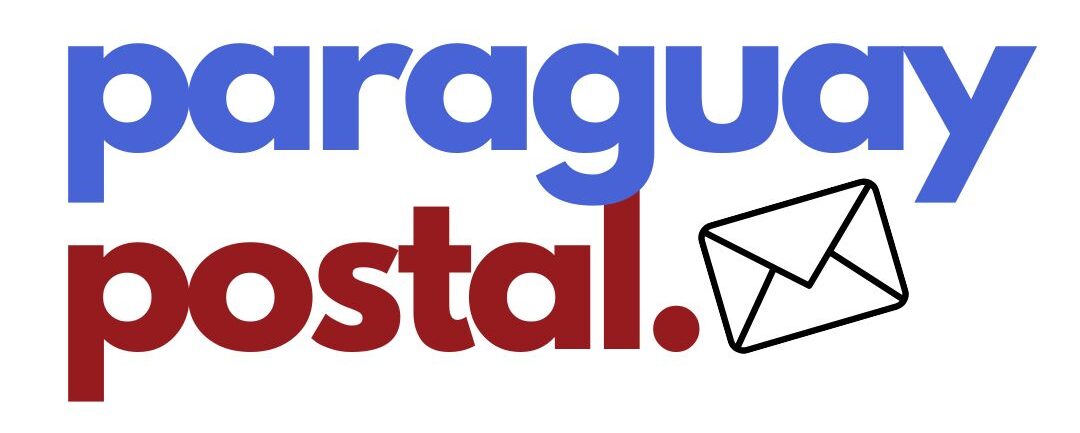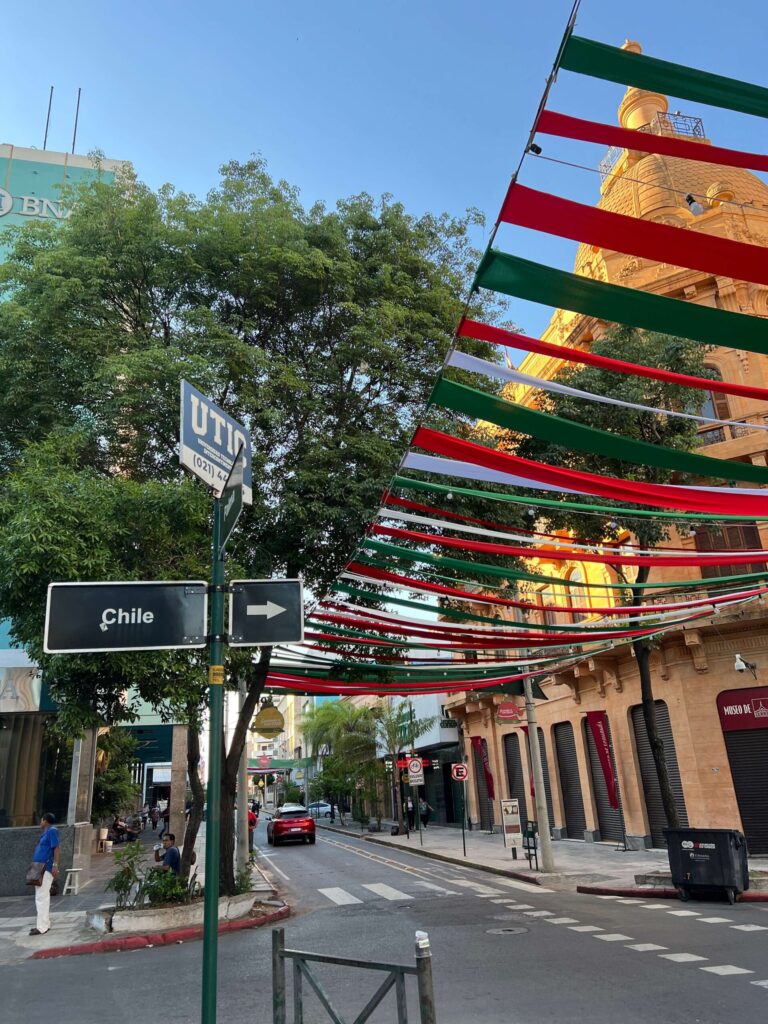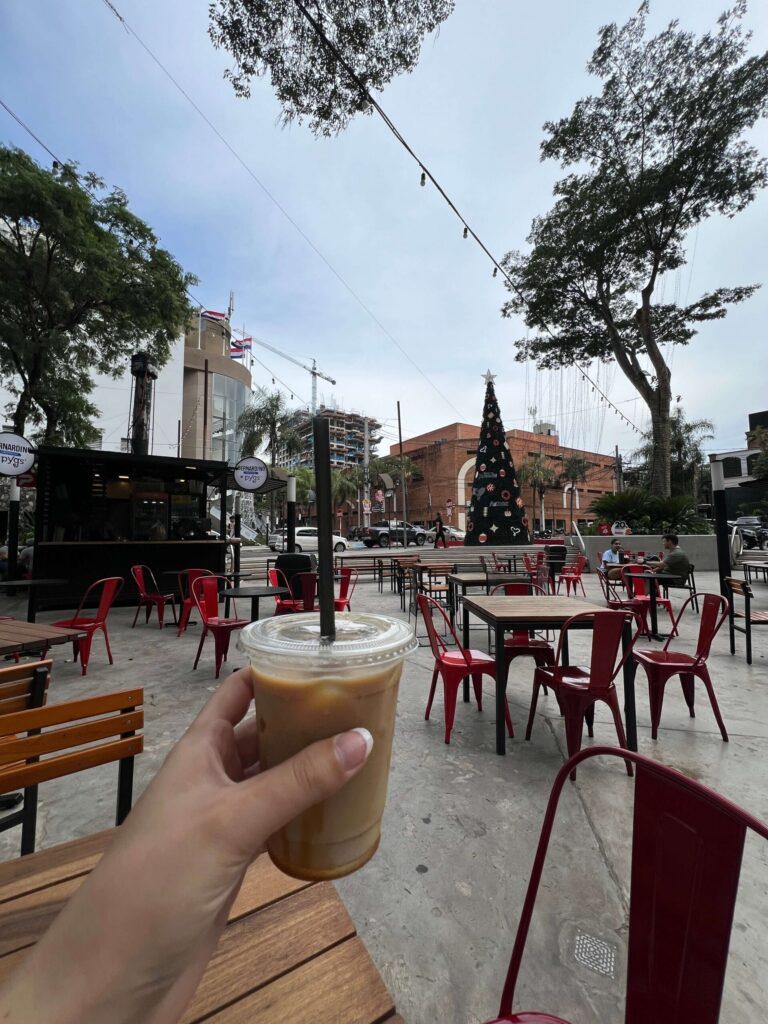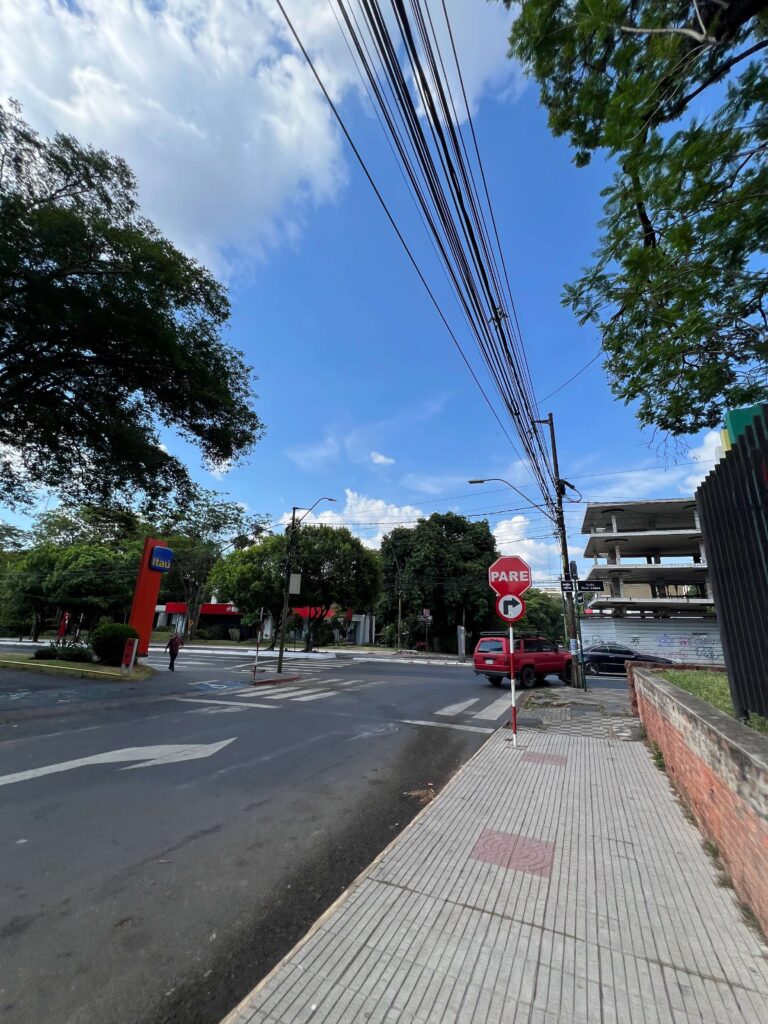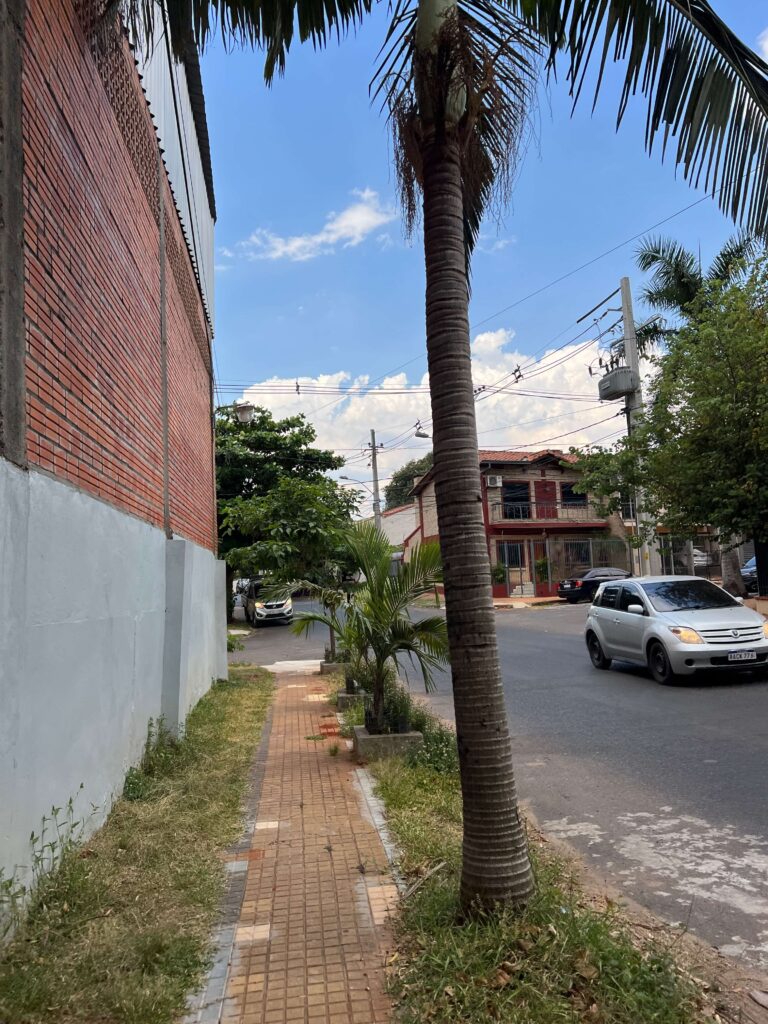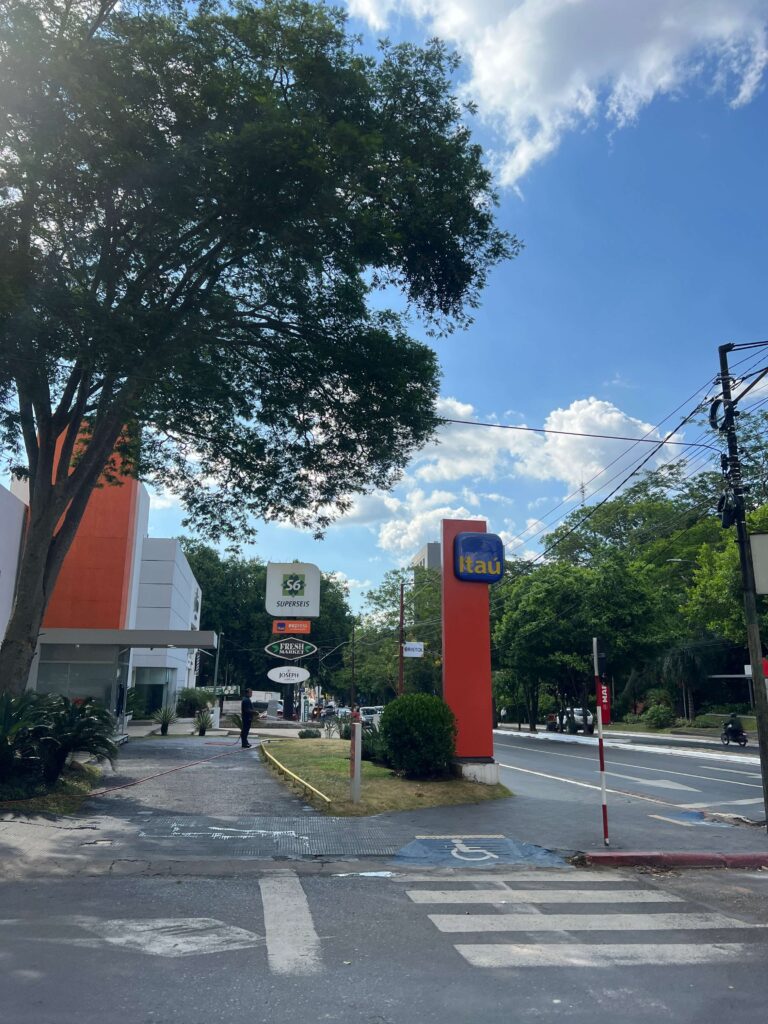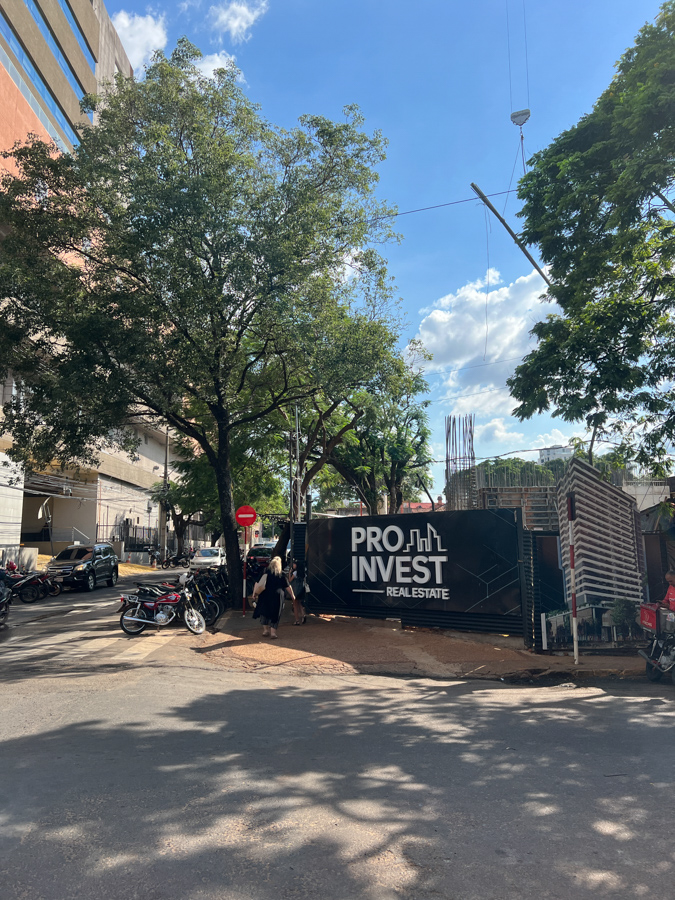If you’re new to living in Paraguay—or even just spending part of the year here—you might assume that sending or receiving packages will be as easy as back home. But things work a little differently in this part of the world.
Whether you’re ordering something from Amazon, getting a care package from family, or importing items for your business, understanding how customs in Paraguay work is essential.
Unlike countries where packages breeze through with little fuss, Paraguay has a strict customs process that applies to nearly everything entering the country. That means delays, paperwork, and sometimes unexpected fees. Many expats are surprised when a small personal item gets stuck at customs, or when they’re charged taxes for a gift that was declared with little value.
The key to avoiding frustration (and saving money) is knowing how the system works and choosing the right shipping method.
In this guide, we’ll break down what customs in Paraguay is, how packages are processed, which couriers to trust, and how you can simplify the entire process—especially if you’re not in Paraguay full time.
Understanding Customs in Paraguay
Every country has its own rules about what comes in and what goes out. In Paraguay, Aduanas Paraguay (the official customs authority) is responsible for reviewing all items that cross the border, whether by air, sea, or land.
This applies to every package, no matter the size or value—even if it’s something as small as a t-shirt or used book.
So, what exactly is customs in Paraguay?
It’s the legal process by which imported goods are inspected, valued, and either cleared or taxed by Paraguayan authorities. Customs checks ensure that the government collects proper import duties, prevents contraband or prohibited goods from entering the country, and enforces compliance with national trade regulations.
Here’s what typically happens when your package arrives in Paraguay:
- It enters the country and is held at a customs facility—often at the airport or a bonded warehouse.
- Customs officers examine the declared value and description of the package.
- They may open the package to verify contents, especially if documentation is missing or unclear.
- Based on the contents and value, import taxes or VAT (IVA) may be applied.
Even if the item is for personal use, or marked as a gift, customs still has the right to assess taxes. Many expats are caught off guard by this—especially if they assumed small or secondhand items would be exempt.
And yes, there’s usually no such thing as a tax-free gift here. While your aunt may send a “gift” from the U.S. with no commercial value, Paraguayan customs may still classify it as taxable, particularly if it looks new or lacks proper documentation.
The customs process applies to packages delivered through all major carriers—including DHL, FedEx, UPS, Correo Paraguayo (the local postal service), and EMS. No matter how your item enters the country, it will be inspected.
This is why understanding customs in Paraguay is more than just a helpful tip—it’s a necessity. Knowing what to expect can save you time, money, and a lot of headaches.
Import Taxes and Fees – What to Expect
Once your package arrives in the country and goes through customs in Paraguay, the next step is calculating what—if any—taxes or import duties you’ll owe before it’s released to you. And here’s the part that catches many newcomers by surprise: even small or secondhand items can be taxed.
Paraguayan customs doesn’t operate on a flat rule of “under $100 is tax-free” like in some other countries. Instead, everything is subject to inspection and valuation.
This means even a small electronics charger, a used t-shirt, or a birthday gift from a relative could trigger taxes if customs deems the item taxable or if the documentation isn’t clear.
How Are Customs Fees Calculated?
When a package arrives, Aduanas Paraguay assesses the declared value of the item, using an invoice or commercial receipt provided by the sender. If the package doesn’t include proper documentation, customs may estimate the value themselves based on similar goods.
Here’s a simplified version of what they’re looking at:
- Invoice or declaration of value
- Item category (tech, apparel, cosmetics, supplements, etc.)
- Condition (new vs. used)
- Declared purpose (gift, personal use, resale)
If your item is taxed, you’ll usually pay:
- Import Duty: This varies by item type and classification.
- IVA (VAT): Typically 10% of the declared or assessed value.
- Courier Handling Fees: Private couriers like DHL or FedEx may charge an additional customs brokerage fee for handling the clearance process.
In many cases, the courier will notify you of the total amount due, which must be paid before the item is delivered. If you’re using Correo Paraguayo, you’ll usually be asked to collect the package from a customs facility and pay on-site.
But What If It’s a Gift?
Even if something is labeled a gift, customs in Paraguay may still charge taxes—especially if the item is new, valuable, or lacks documentation. The label “gift” is not a guaranteed exemption.
An easy rule of thumb? If it looks new, expect it to be taxed.
Pro Tips to Avoid Extra Costs
- Always include a clear invoice with the shipment.
- Don’t under-declare value—this can lead to penalties or delays.
- Avoid high-risk categories like electronics, beauty products, or supplements unless necessary.
- Group items together into one shipment instead of multiple small ones.
- Use trusted couriers who offer customs support (more on this in the next section!).
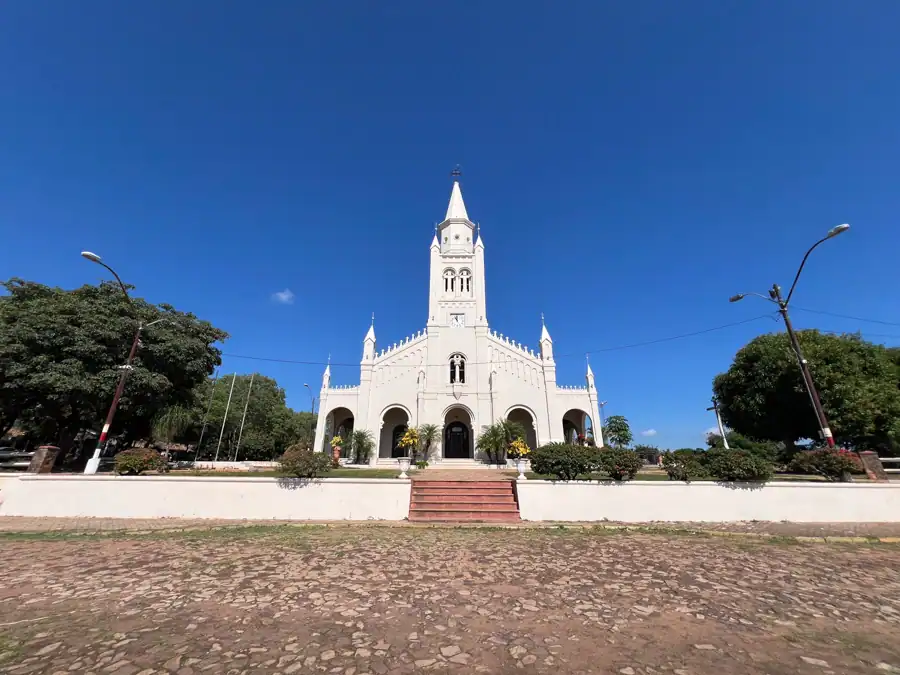
Courier Options – What You Need to Know
When sending or receiving packages in Paraguay, your choice of courier can make a big difference in cost, delivery time, and how smoothly your shipment clears customs in Paraguay.
Not all courier services are created equal—some offer speed and convenience at a higher cost, while others may be budget-friendly but painfully slow.
Here’s a breakdown of the most common options, so you can choose what works best for your situation.
📮 Correo Paraguayo (Public National Mail Service)
Pros:
- Cheapest option by far
- Accessible throughout the country
- Often works with national mail services abroad (like USPS or Canada Post)
Cons:
- Very slow (packages can take 4–12 weeks to arrive)
- Little to no tracking once the item enters Paraguay
- High risk of delays or items being “stuck” at customs with minimal communication
- Often requires you to pick up packages from a central post office or customs facility
- Risk of packages not being delivered or taking months for delivery
Correo Paraguayo is often used for sending documents or inexpensive goods where timing isn’t critical. But for anything valuable, fragile, or time-sensitive, it’s not your best bet.
Private Couriers (DHL, FedEx, UPS)
Pros:
- Much faster delivery (usually within 3–7 business days)
- Reliable tracking from door to door
- Often includes customs brokerage services, meaning they help process and clear your package
- Easier communication if your package gets held up
Cons:
- More expensive upfront
- Higher likelihood of triggering import taxes, since these companies declare packages in detail and often report directly to Aduanas Paraguay
- May charge additional customs handling fees on top of import taxes
If you’re sending or receiving something important—especially documents, tech gear, or time-sensitive items—private couriers are your safest option. Just be prepared to pay a little more and factor in potential import fees.
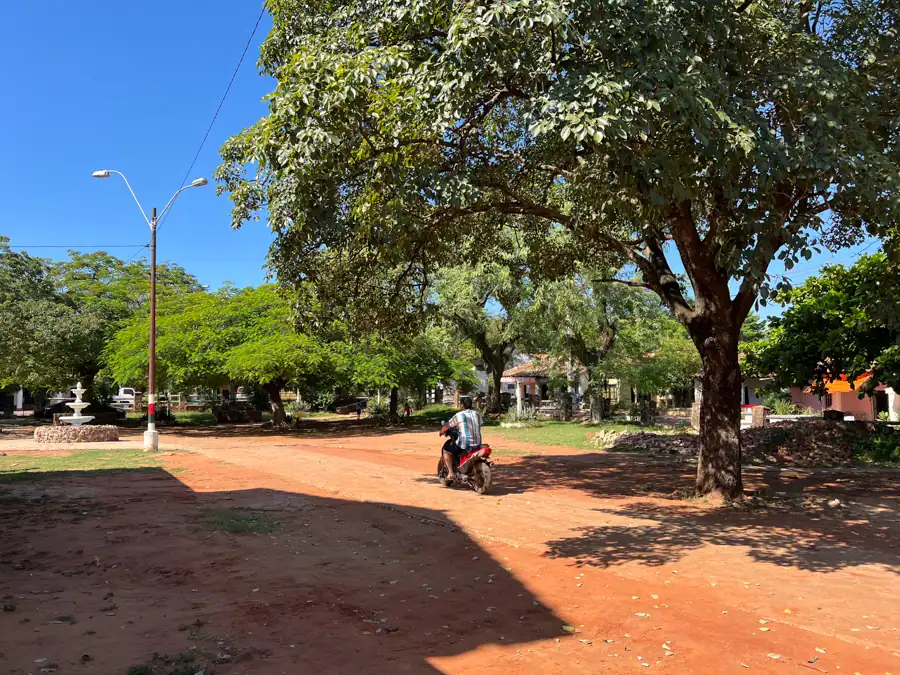
Regional Couriers or EMS (Express Mail Service)
Pros:
- Typically offers better delivery times than public post
- May be more affordable than DHL or FedEx
- Offers some tracking and customer support
Cons:
- Limited availability depending on your home country
- Customs processing can still be slow
- Tracking can be inconsistent once the package enters Paraguay
EMS can be a decent middle-ground option, especially for lightweight items or shipments from countries where EMS is well-established. However, once again, delays and customs complications are always possible.
Choosing the Right Courier for Your Needs
When deciding which courier to use, consider:
- How urgent is the delivery?
- Is the item valuable or easily taxed?
- Can you afford to wait—and potentially pick up the item yourself?
- Are you willing to deal with customs directly, or would you rather have the courier manage it?
Regardless of the courier you choose, remember that customs in Paraguay is the gatekeeper. Even the fastest service won’t bypass inspection or fees. However, the right courier can make the experience smoother and give you peace of mind—especially when it comes to tracking and support.
Tips to Save Money and Avoid Headaches with Shipping to Paraguay
Let’s face it—nobody wants to deal with surprise fees, lost packages, or a parcel sitting in a customs warehouse for months. The good news?
With a little planning, you can reduce stress, save money, and avoid the most common problems people face when shipping to or from Paraguay. Here are some of our best tips for ensuring your package or mail arrives successfully.
Always Include a Clear Invoice or Value Declaration
One of the biggest red flags for Aduanas Paraguay is a package with no documentation. If the declared value is missing, unclear, or obviously wrong, customs agents may delay your package or assign their own value—usually much higher than expected.
What to do:
- Ask the sender to include a detailed invoice, even if it’s a gift.
- If you’re ordering from a company, make sure the invoice is attached outside the box or easily accessible.
- Be honest about the value—undervaluing can lead to confiscation or fines.
Be Cautious with Gifts
Even if your package is labeled as a “gift,” that doesn’t mean it gets a free pass. Many residents are surprised to find that customs in Paraguay still applies duties to gifts, especially if they’re new or seem valuable.
What to do:
- Ask family or friends to include a note about what the item is and that it’s for personal use.
- Keep the value realistic but fair.
- Don’t assume “gift” means tax-free.
Avoid High-Risk Categories When Possible
Certain types of items almost always raise red flags at Paraguayan customs. These include:
- Electronics
- Cosmetics and supplements
- Branded apparel
- Jewelry
- Large quantities of the same product (which can look like resale)
What to do:
- Ship only what you truly need.
- Avoid bulk shipments.
- Buy locally when you can—sometimes it’s cheaper and faster.
Combine Shipments When Possible
If you’re expecting multiple items, try to consolidate them into one package. Shipping one box is often cheaper than sending multiple smaller ones, and you’ll reduce the number of times your items pass through customs inspection.
Track Everything—and Be Ready to Pay on Arrival
Packages that arrive without your knowledge can end up in customs limbo. Always choose a shipping option that includes tracking, so you’ll know exactly when your item lands in Paraguay and where it is in the process.
Pro tip:
- If you’re using a private courier, they will usually contact you when import taxes are due.
- For public mail, you may need to check tracking manually and visit a customs location to retrieve your item and pay in person.

Use a Reliable Local Address with Mail Support
One of the easiest ways to avoid headaches is to make sure your packages are sent to a reliable, active address in Paraguay. This is especially important for expats and part-time residents who aren’t always in the country.
With Paraguay Postal, you get:
- A real street address in Asunción
- Someone to receive your packages on your behalf
- Mail scanning and forwarding services, so you never miss an important delivery
- Help with customs pickups, payments, and more
When navigating customs in Paraguay, having a professional and dependable local contact makes a big difference.
Receiving Mail with Paraguay Postal
Whether you’re living full-time in Paraguay or just holding residency while traveling abroad, managing incoming mail and packages can be a real challenge—especially with the complexities of customs in Paraguay.
That’s exactly why Paraguay Postal was created: to give residents, expats, and digital nomads a reliable way to receive, manage, and forward mail—no matter where they are in the world.
A Real Address in Asunción
When you sign up with Paraguay Postal, you’re given a real street address in Asunción, the capital of Paraguay. This address isn’t a P.O. box—it’s a physical location where your mail and packages are received on your behalf.
This is important because:
- Couriers like DHL and FedEx require a real address for delivery.
- Many legal and financial documents, such as residency paperwork or bank mail, need to be sent to an official Paraguayan address.
- It gives you a legitimate point of contact inside Paraguay—even when you’re abroad.
Mail Scanning and Notifications
Once your mail or package arrives, the team at Paraguay Postal scans the envelope or package label and sends you an email notification. You’ll know exactly what arrived and when, without needing to guess or make repeated trips to a post office.
For letters or documents, you can also request:
- Internal scanning (to view the full contents digitally)
- Secure storage until you return to Paraguay
- International forwarding to your current location
Make Shipping and Customs in Paraguay Simple with the Right Support
If there’s one thing every expat or Paraguay resident learns quickly, it’s that customs in Paraguay doesn’t work the way it does in many other countries. Even the smallest package can get delayed, taxed, or lost if you’re not prepared.
From understanding how import duties are calculated, to choosing the right courier, to knowing what to expect with “gift” items, being informed saves you time, money, and stress. Whether you’re ordering something for yourself or receiving important mail while abroad, having a clear game plan makes all the difference.
That’s where Paraguay Postal comes in. We’re more than just a mailbox—we’re your local address, your mail manager, and your customs helper, all in one.
Our team in Asunción makes it possible for residents and expats to stay connected to Paraguay without being physically present.
✅ Get a real street address in Paraguay
✅ Receive, scan, and forward your mail and packages
✅ Let us handle customs in Paraguay so you don’t have to
✅ Stay compliant with your residency and legal requirements
Frequently Asked Questions (FAQ)
Customs in Paraguay refers to the government process of inspecting, taxing, and clearing all goods that enter the country. The customs authority, Aduanas Paraguay, reviews packages for their declared value and contents, and applies any applicable import duties or VAT (IVA).
Understanding customs is essential if you’re sending or receiving mail or goods from abroad to avoid delays, fines, or unexpected fees.
Not always—but quite often, yes. Customs in Paraguay may apply taxes even on small or used items, especially if there’s no clear invoice or the item appears new or high in value. Gifts, personal items, and online purchases can all be taxed. If in doubt, assume you may be charged and plan accordingly.
Taxes are typically calculated based on the declared value of the item plus any shipping costs. The most common charges include:
Import duty, which varies by product category
IVA (Value Added Tax), typically 10% of the value
Possible courier handling or customs processing fees (especially with private companies like DHL or FedEx)
If customs believes the declared value is too low, they may assign their own estimate, which can increase the total fees due.
If your package is flagged for customs clearance, it may be held until:
You provide supporting documents (invoice, proof of payment)
You pay the import tax and any fees
The item is picked up from a customs location or released to your courier
Each option has pros and cons:
Correo Paraguayo (national mail): low-cost, slow, limited tracking
Private couriers (DHL, FedEx, UPS): fast, reliable, better tracking, but higher cost and more likely to trigger customs duties
EMS: middle ground, with moderate delivery times and cost
We recommend private couriers for important or time-sensitive shipments and Paraguay Postal for managing delivery and customs-related issues.
With Paraguay Postal’s services, you get a real street address in Asunción where your mail and packages can be received securely. Once it arrives, we’ll notify you, scan the mail (if requested), and even forward packages internationally. You don’t need to be in Paraguay to receive important mail.
No problem—this is exactly what Paraguay Postal was built for. We receive your mail in Paraguay, scan the contents to your inbox, and can forward physical items anywhere in the world. Whether you’re in Europe, Asia, or back in your home country, you stay connected.
Items that typically raise red flags with Aduanas Paraguay include:
Electronics (phones, laptops, accessories)
Cosmetics, supplements, and medications
Clothing and shoes (especially branded items)
Jewelry or watches
Bulk shipments or large quantities of a single item
To avoid issues, always include a clear invoice and don’t ship high-risk items unless necessary.
Just head over to ParaguayPostal.com, choose the plan that fits your needs (monthly or annual), and sign up online. Once you’re registered, you’ll receive your own mailing address in Paraguay, and you can start receiving mail, scanning documents, and managing your packages right away.
